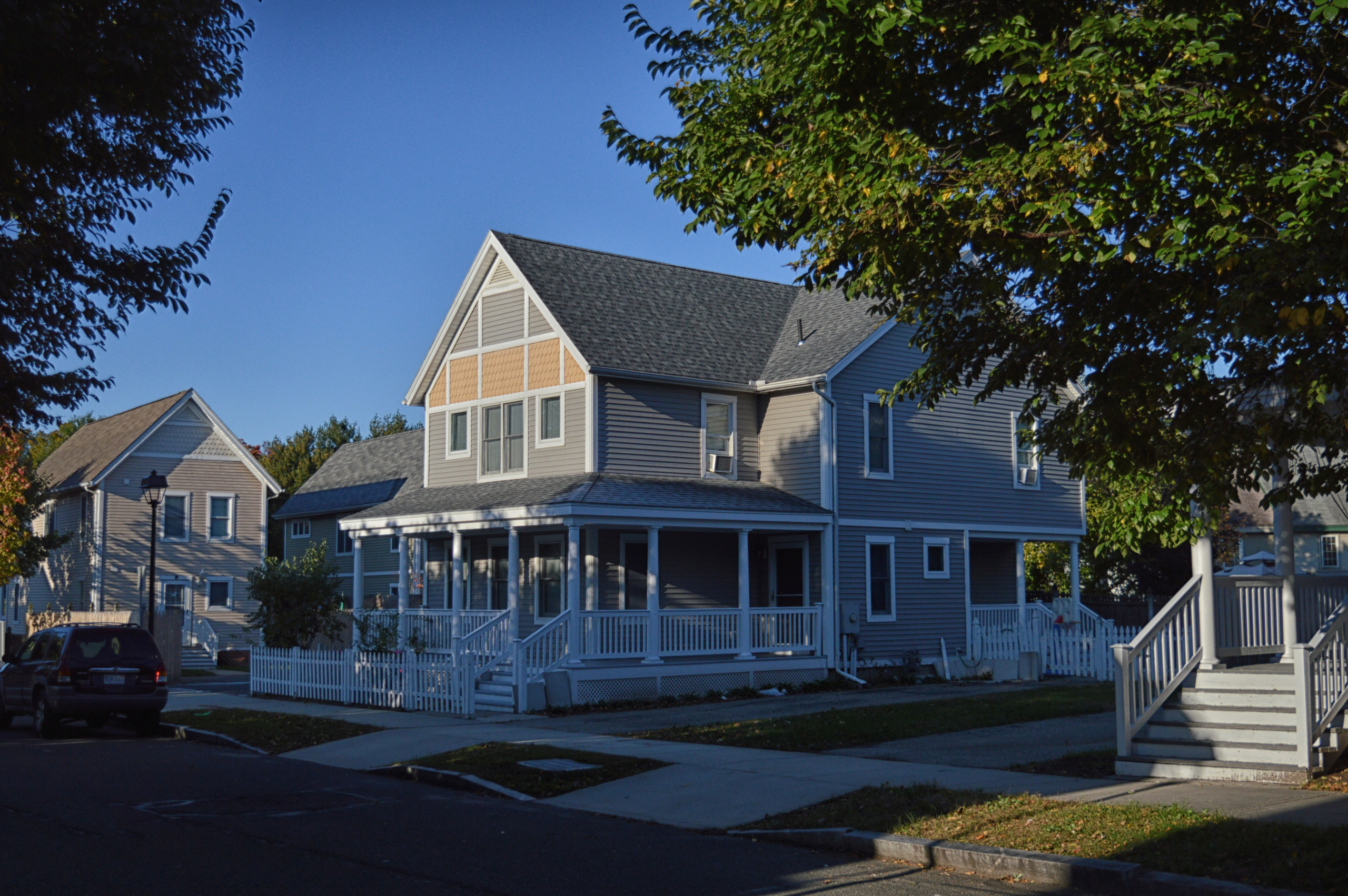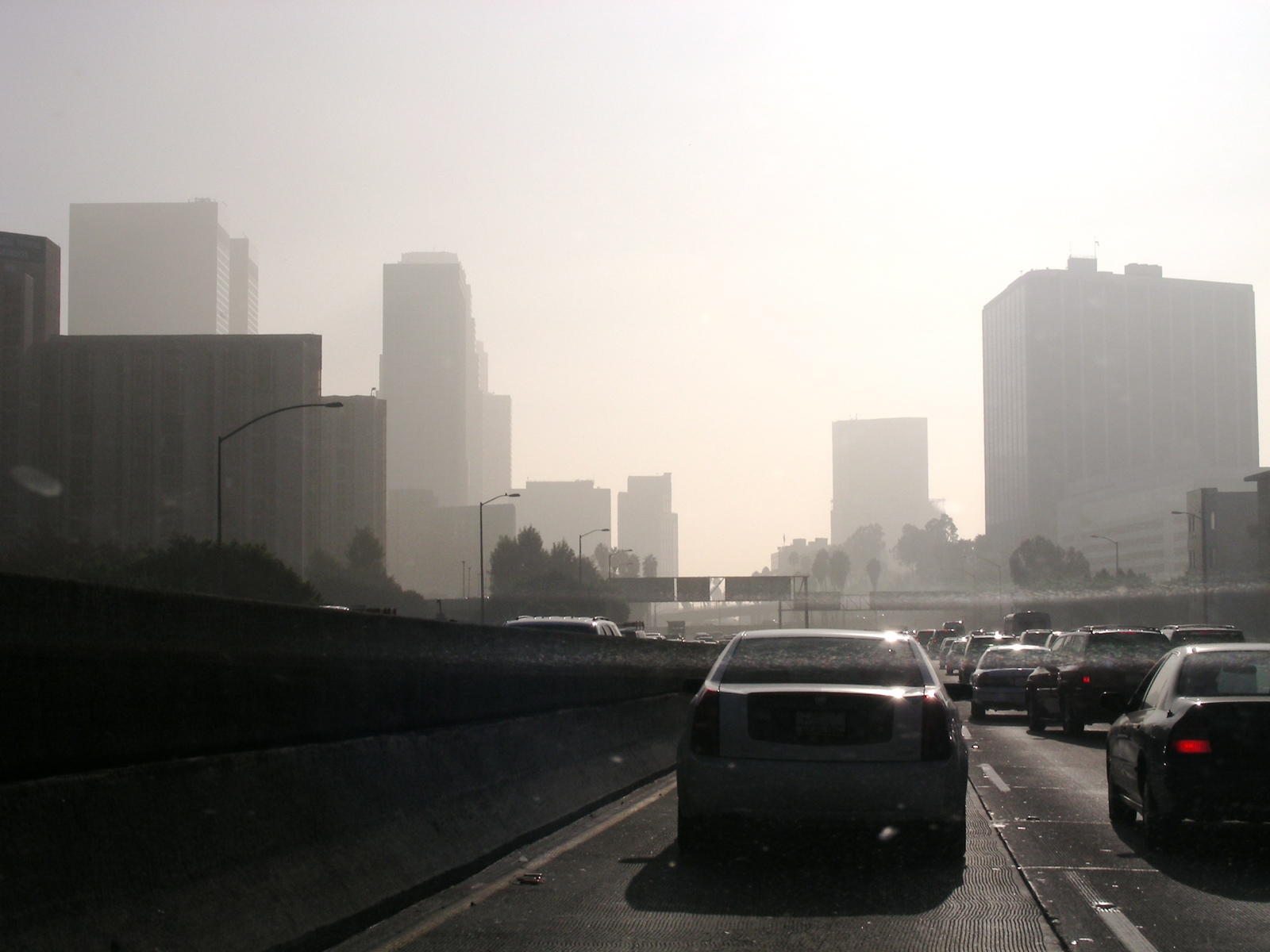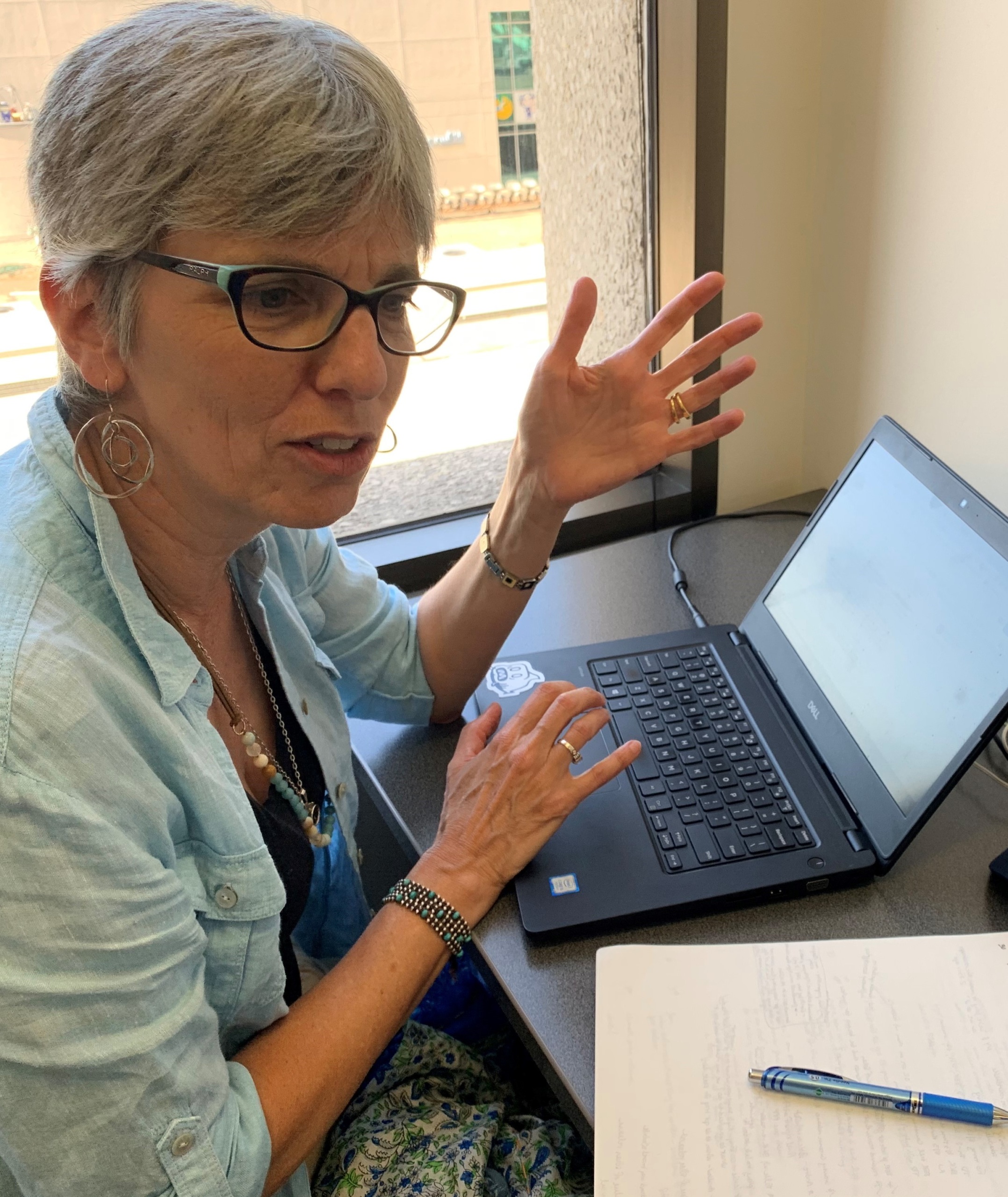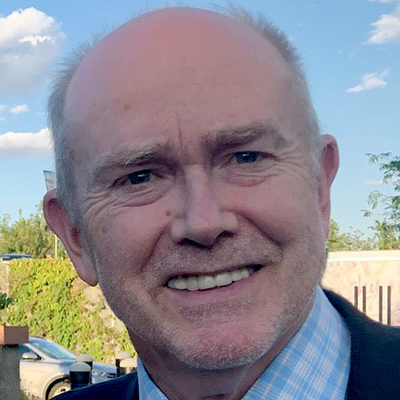
How much does American driving contribute to global climate pollution?
An update from Doug Phelps, Executive Director of the Public Interest Network and Chairman of Environment America
A recent New York Times piece on climate change and America’s driving habits spotlighted the work of Frontier Group, The Public Interest Network’s center for research, ideas and insight into today’s defining problems.
Here’s the New York Times story itself.
Since its inception in 1996, Frontier Group has been using facts and publicly accessible research reports to help steer our national conversation toward a constructive understanding of America’s unique transportation challenges. These facts and reports helped CALPIRG convince California to implement groundbreaking Clean Cars tailpipe emissions standards in 2002 and, over the next decade, helped our flagship groups PIRG and Environment America convince 13 more states and the Obama administration to adopt Clean Cars too, feeding a wave of electric vehicle innovation and climate progress that continues to this day.
But, both to protect our planet and to make the most of our short time on it, Americans will need workable ways to drive less—or even to leave their cars behind. I’m pleased to see Frontier Group’s work advancing that conversation bear some fruit.
Below is a note, providing more context, that Susan Rakov, Frontier Group’s managing director, wrote to the group’s supporters.
Dear friend,
Over the years, Frontier Group has applied considerable focus to the intersection of transportation and climate. This crucial nexus is finally getting the kind of attention we believe it deserves, including a recent excellent piece by Somini Sengupta of the New York Times that featured a lot of our research. I wanted to share it with you because it highlights both the scope of the challenge at hand and some reasons for hope.
You may know that transportation is now America’s biggest source of climate pollution, but there’s been surprisingly little written about why the transportation sector now holds that position … or about the dreadful contribution that pollution from America’s cars and trucks over the last century is making to the severe storms, wildfires and heat waves we’re experiencing today.
Last year, Frontier Group Policy Analyst Bryn Huxley-Reicher found that Americans drive far more on average than people in most of the rest of the world and have done so for a long time – a key reason why America’s transportation climate emissions have been so high.
This spring, Associate Director and Senior Policy Analyst Tony Dutzik sought to find out the role that all that driving – year after year, decade after decade – has had in fueling climate change. He discovered that if American cars, SUVs and small trucks were a nation, as Sengupta writes, “they would be the sixth-largest emitter of heat-trapping carbon dioxide emissions since 1949, putting them behind the total national carbon dioxide emissions produced by the United States, China, Russia, Germany and Japan.”
But beneath that sobering reality, there is reason for hope. Associate Director and Senior Policy Analyst Elizabeth Ridlington recently found that American driving patterns are changing; several states (especially those which have taken steps to encourage alternatives to single-occupancy vehicle travel) have seen significantly reduced driving over the last two decades. (At that link you’ll also find interactive tools that allow you to compare states.) As Sengupta wrote, more states will need to follow their example – and quickly – to meet our nation’s climate goals.
Addressing the world’s dependence on systems that undermine humanity’s future can look daunting. But there’s power in information, and the signs are not all bad. Frontier Group is intent on bringing to the world’s crucial conversations quality data and analysis that can help the public and decision makers take meaningful steps toward a better world.
Topics
Douglas H. Phelps
President and Executive Director, The Public Interest Network
Doug is President and Executive Director of The Public Interest Network. As director of MASSPIRG starting in 1979, he conceived and helped organize the Fund for the Public Interest, U.S. PIRG, National Environmental Law Center, Green Century Capital Management, Green Corps and Environment America, among other groups. Doug ran the public interest careers program at the Harvard Law School from 1976-1986. He is a graduate of Colorado State University and the Harvard Law School.
Susan Rakov
Senior Vice President, The Public Interest Network; Managing Director, Frontier Group
Susan directs Frontier Group, the research and policy development group of The Public Interest Network. Frontier Group’s work informs the public discussion about degradations to the environment and public health, threats to consumer rights and democracy, and the available routes to a better future. Susan lives with her family in Santa Barbara, Calif., where she is an advocate for public education and a singer and songwriter.
Find Out More
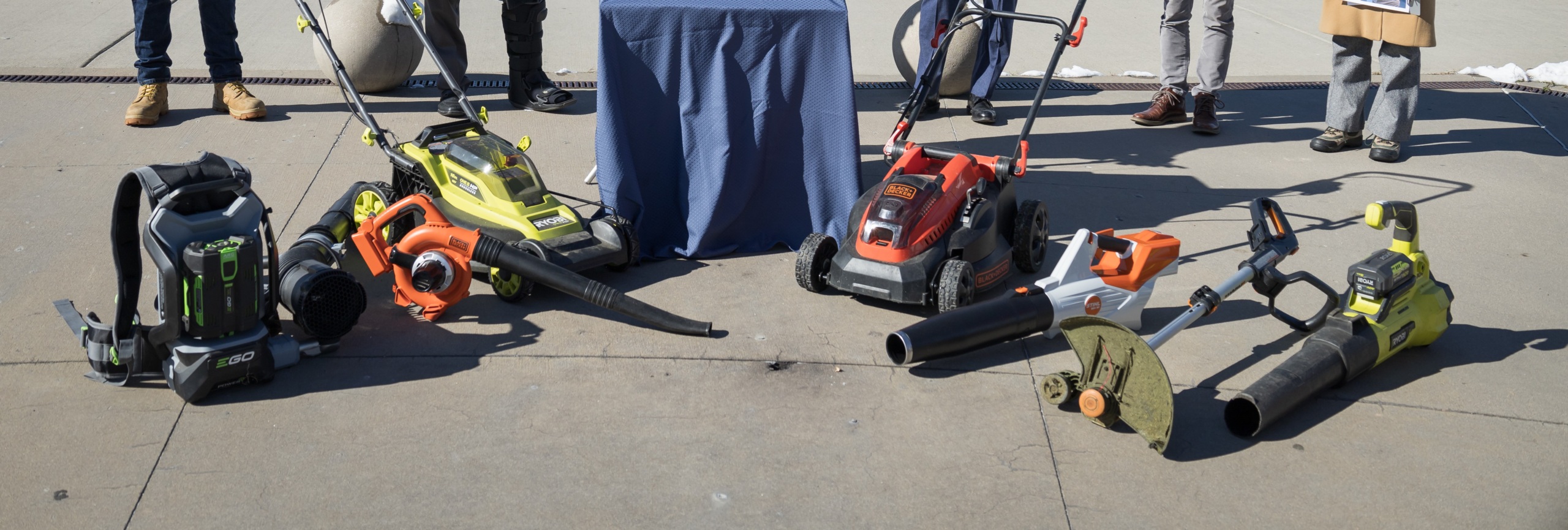
Lawn care goes electric
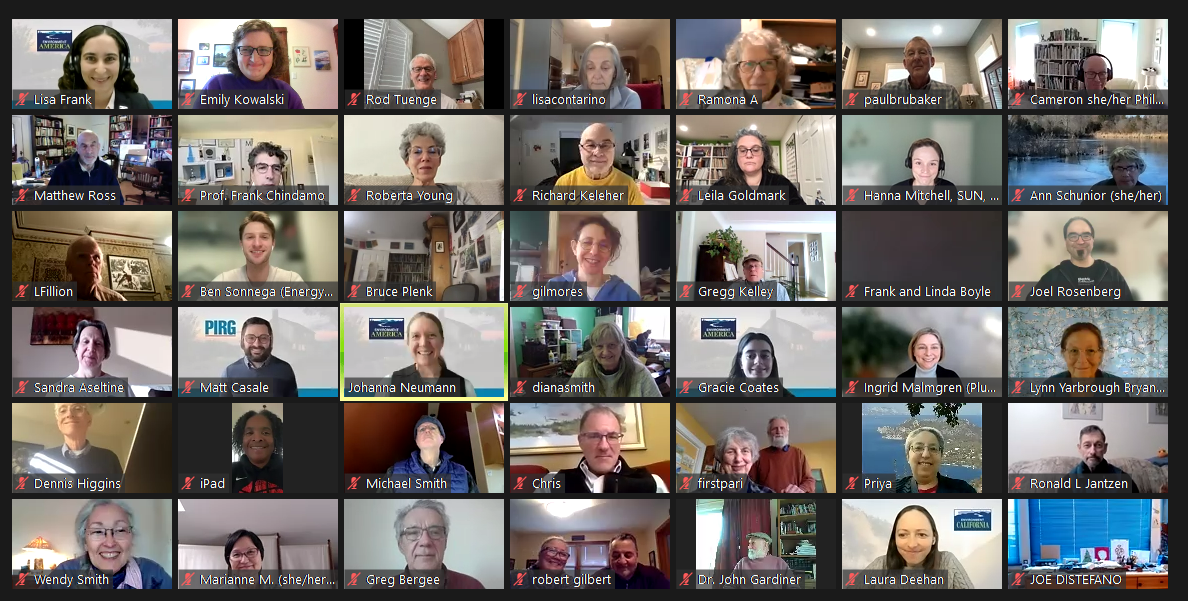
You have the power: how to electrify your home with new tax credits

I’ll have the turkey, hold the pollution
